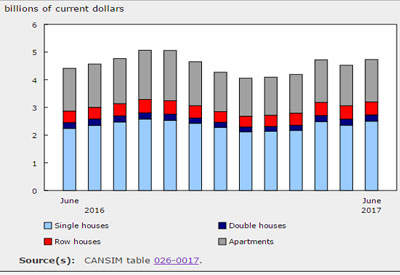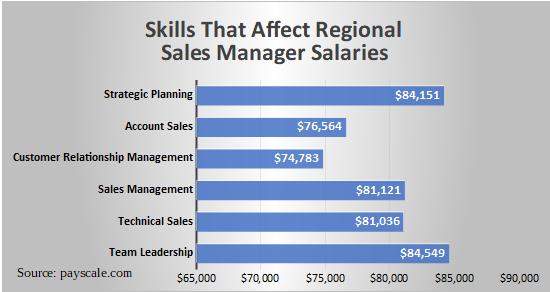Opinion – Sales in the 21st Century

With the advent of the Internet we can now see three distinct forms of sales: retail sales, Internet sales and relational selling. Which form will dominate this century? This will depend on how each form adapts and utilizes parts of the other forms.
Retail shop sales: Get a building, stock it with products, and advertise to your customer to come in and take stuff off the shelf. You save costs by forcing the customer to incur travel costs.
Internet sales: Similar to the first, your product is on a shelf in a building, except your advertising is to get your customer to visit your Website—not your building. You save on costs for fancy buildings and knowledgeable staff on hand to assist, but you pay for the product travel costs.
Relational selling: This concept is where you and your staff go to the customer with product knowledge and high levels of service; you essentially build a relationship with the customer. Relational selling is the basis of our industry’s sales model; it entails three important constituents: manufacturers, distributors and reps. Relational selling cannot compete with the other methods when selling a product to a customer. Where this form competes is in the high volume, rapid product turnover market, where complex items are bulk ordered and jobs require multiple product groups to be coordinated.
In the book, “Dealing with Darwin”, author Geoffrey A. Moore states that though it has been tried many times before, you have to make a choice with your company. Either you are in retail or you are in relational selling. Companies that try to do both often fail. He argues that retail and relational selling are inherently two different disciplines that require conflicting expertise. The latest large company to try to do both was Home Depot; they ended up selling off the “relational” side of their business.
Since that incident, retail and relational selling have gone off and done their own thing… but then along comes the Internet seller.
It remains to be seen if retail sales can be complemented by Internet sales. Both involve advertising and require customers to visit—whether in-store or online. Clearly however, Internet sellers can interfere with retail sales. Look at records and books as front leaders. Retail sees the Internet sellers as a threat to their market. Most large retailers are going after the Internet with their own version.
Recently, Internet sellers have started to go after the traditional relationship sales territory. Amazon has added close to a million Industrial supplies SKUs to their Website. Prices can be greatly reduced as there is no “service” attached to the item.
Approximately ten years ago, a new method of buying was introduced; it was going to be the next big thing. It was called “reverse auctions”. Customers let it be known what products they wanted, and companies bid to sell it to them—with the lowest bidder getting the order. Most customers tried it once and found that the lowest bidder could not preform the services required that intuitively went with the product. Reverse auctions died shortly after as a bad idea.
The electrical industry’s ability to continue improving relational selling techniques will depend on our willingness to adapt the positive customer aspects of the Internet with our understanding of the relational value offered to customers. Done properly, it cannot be beat.
Rick McCarten is Vice President, Electrical Council, Electro-Federation Canada.











